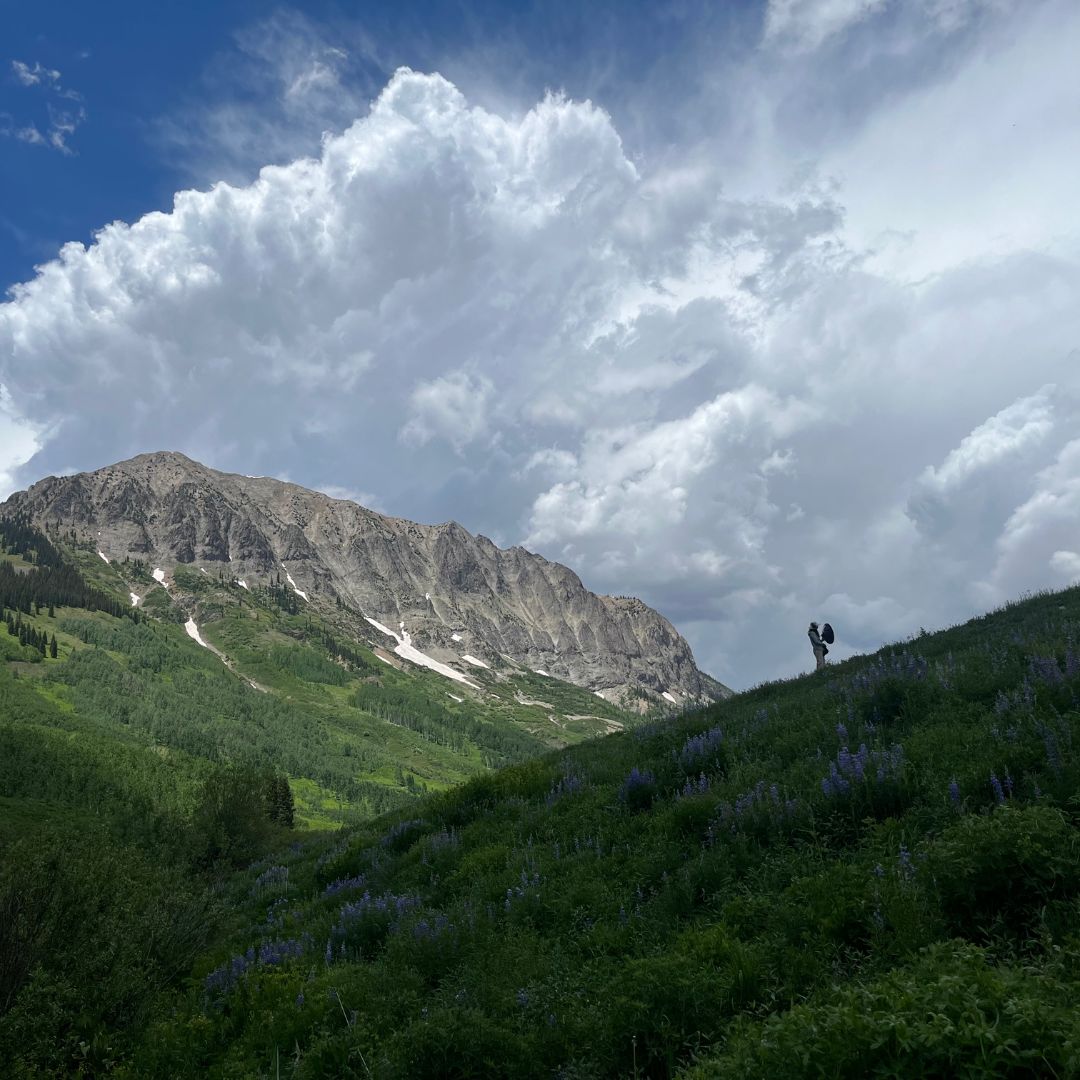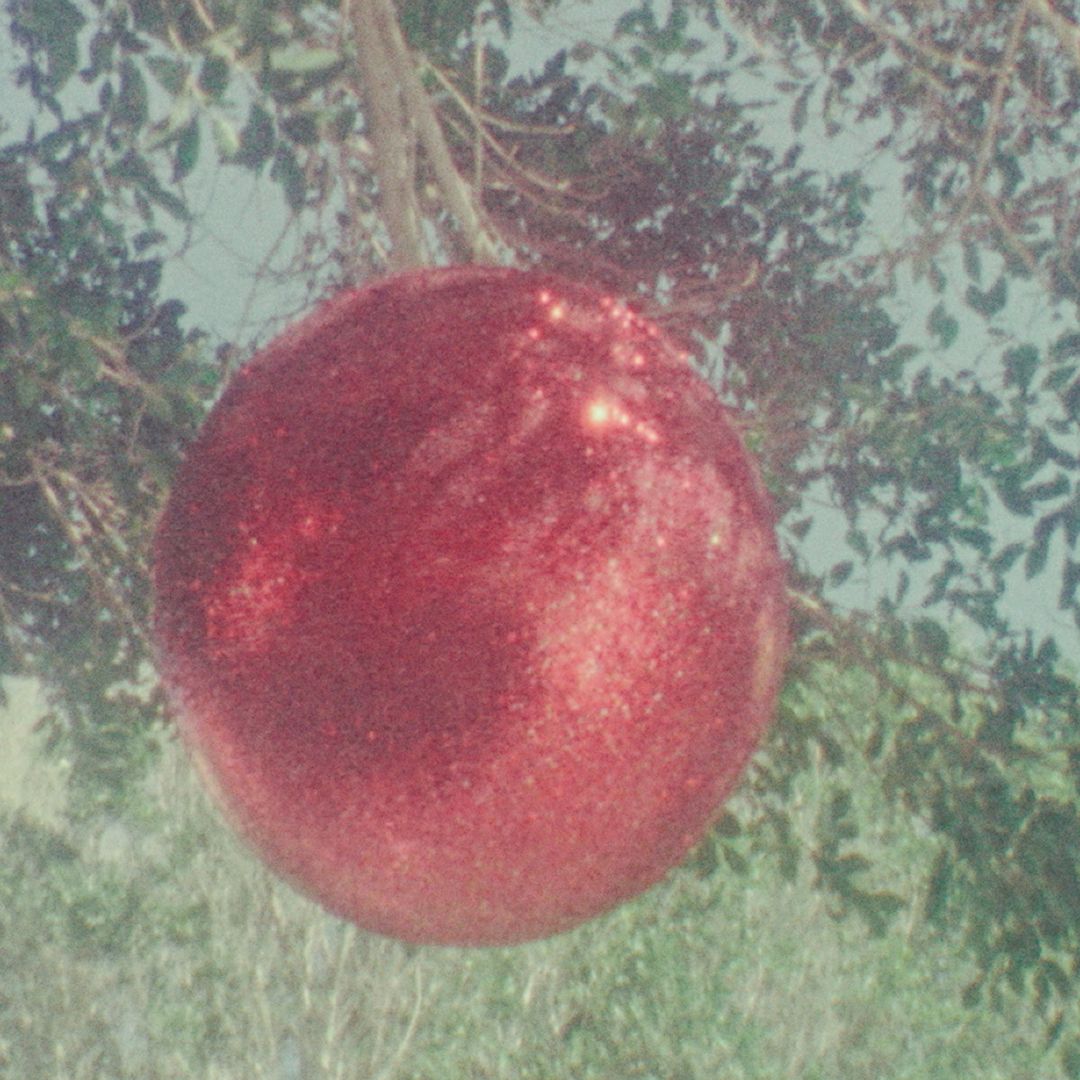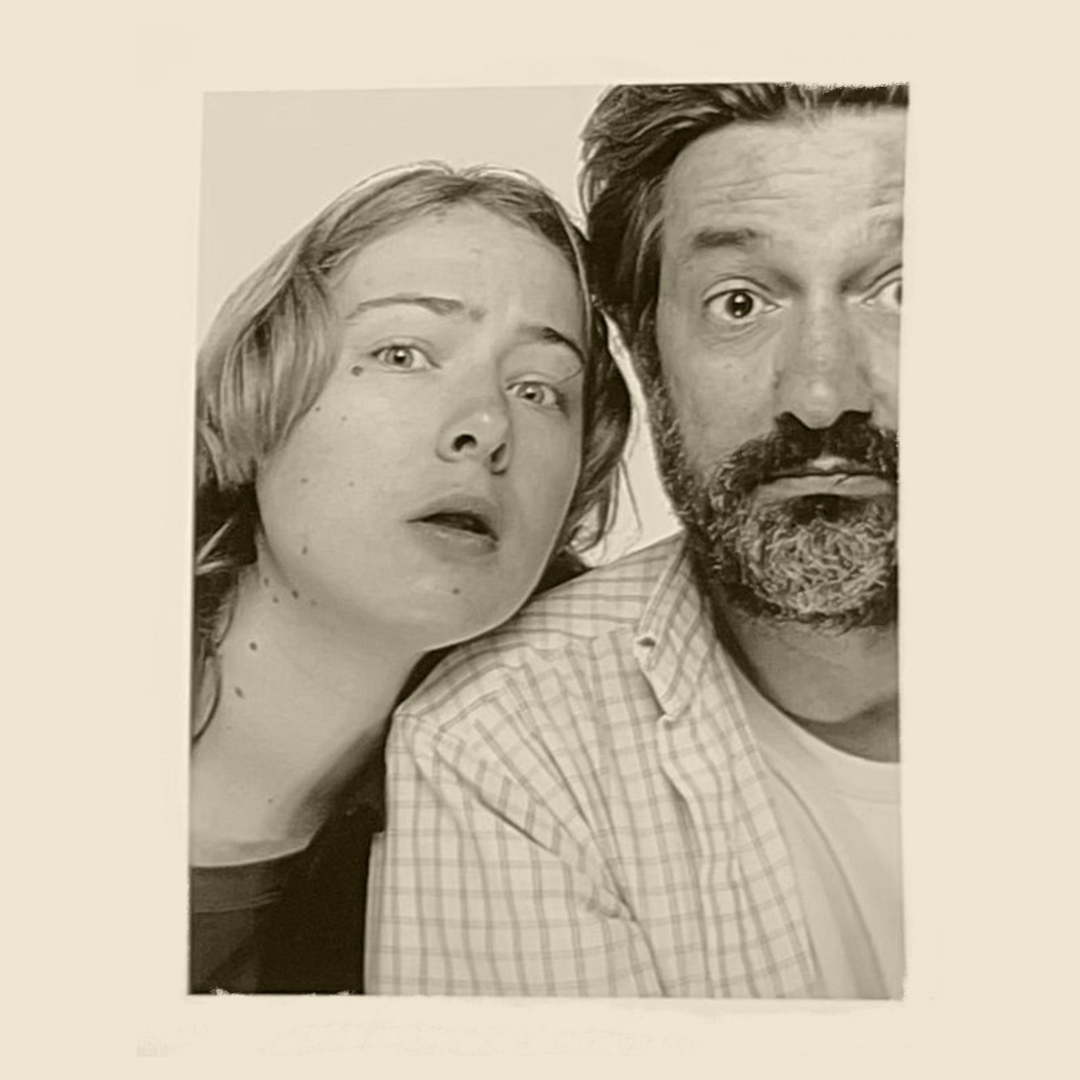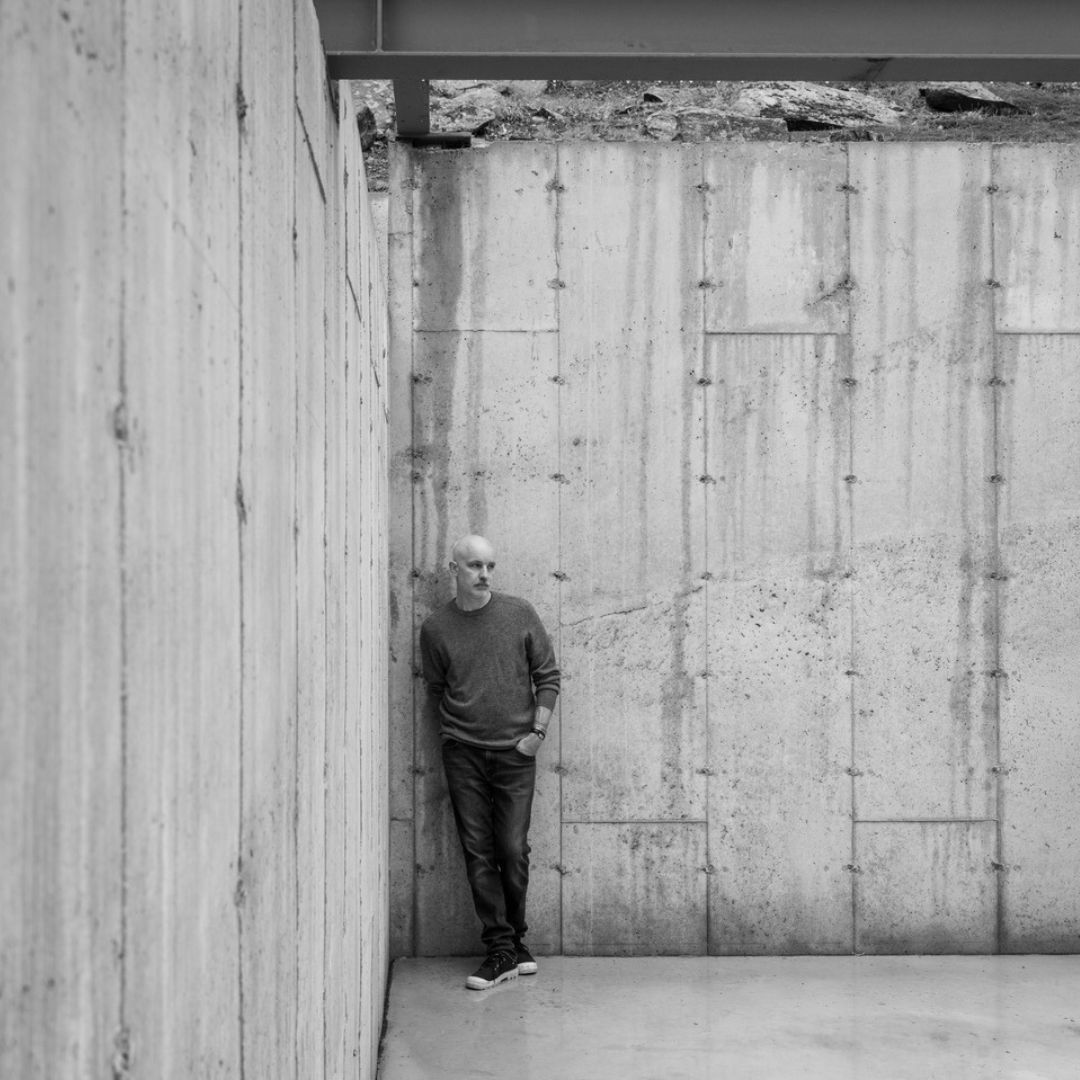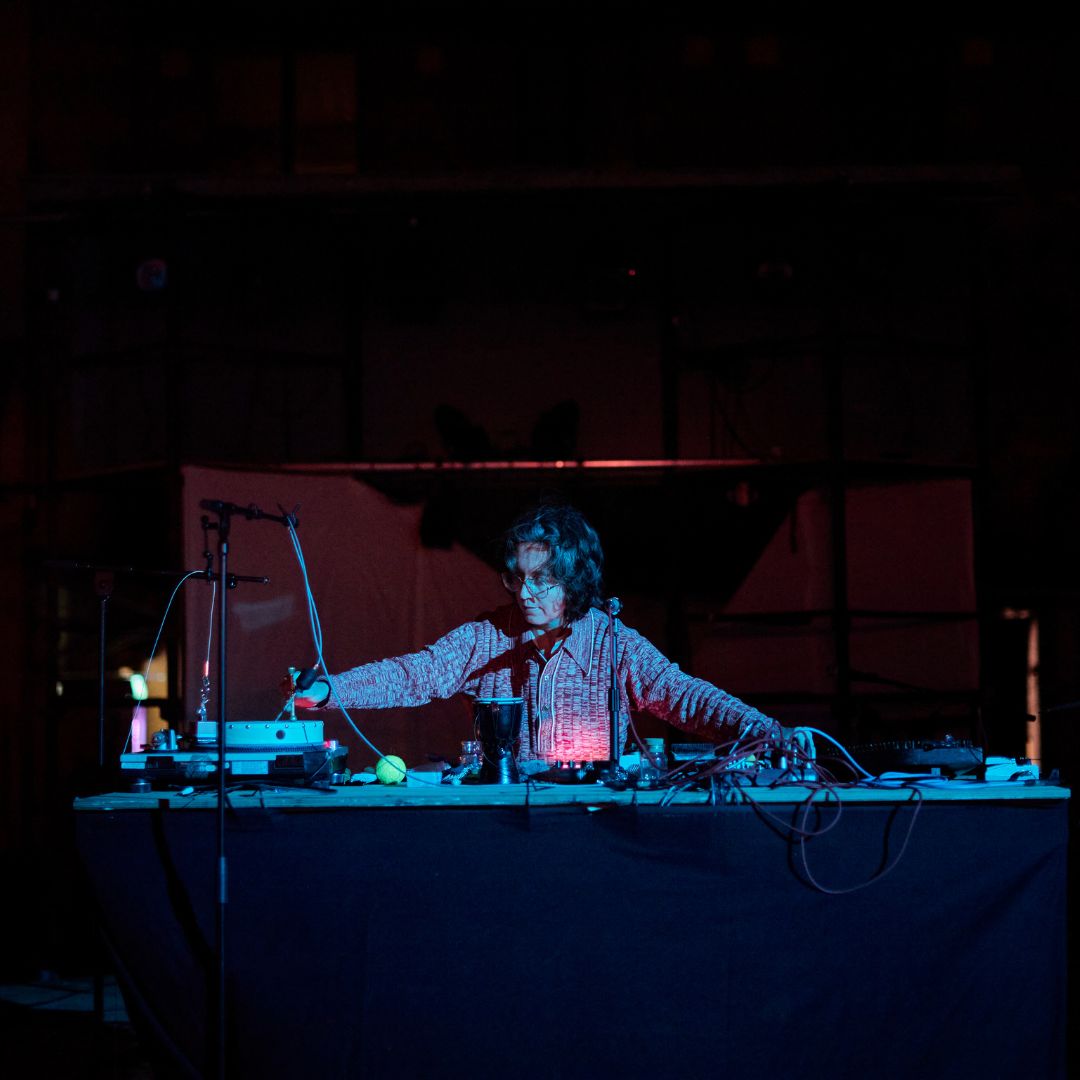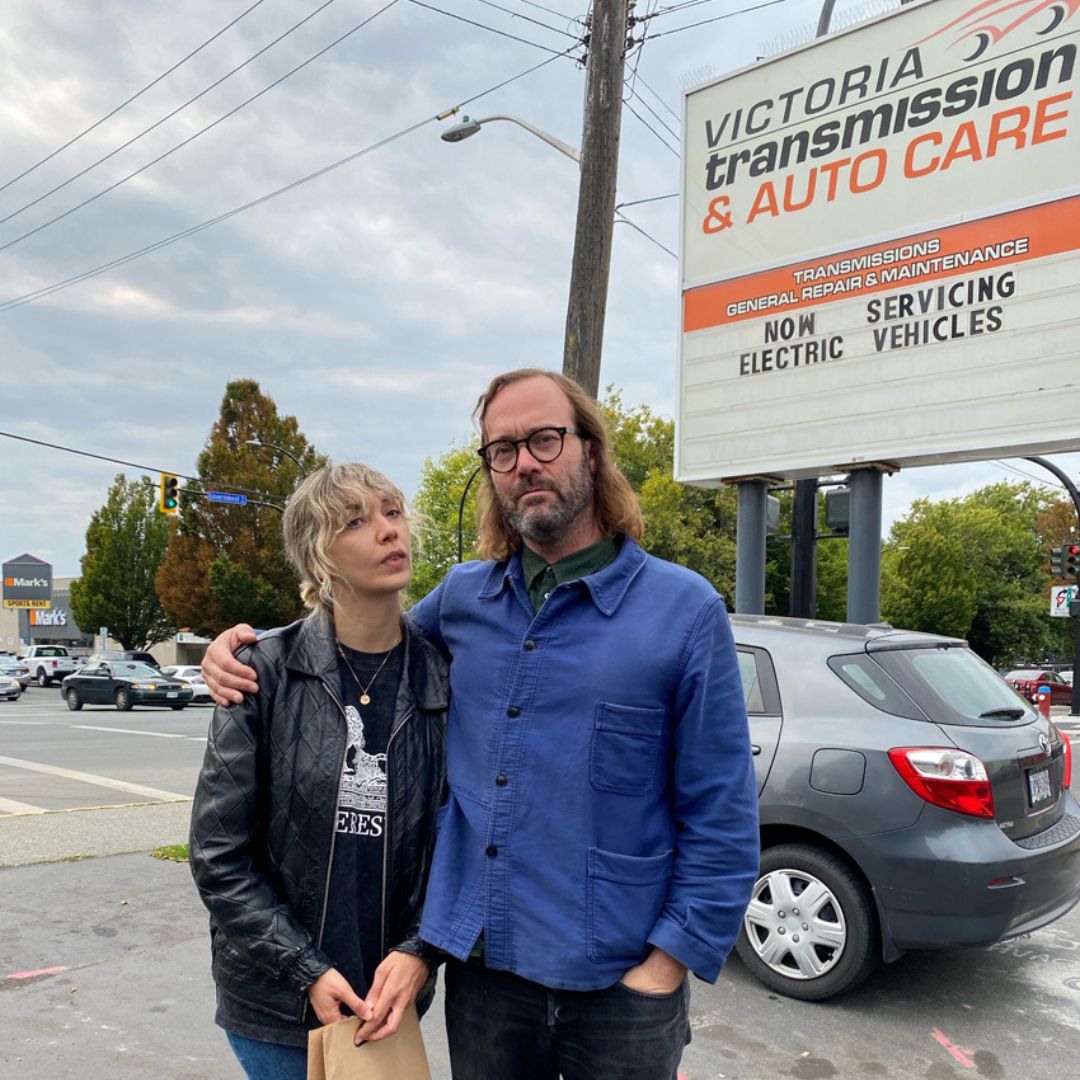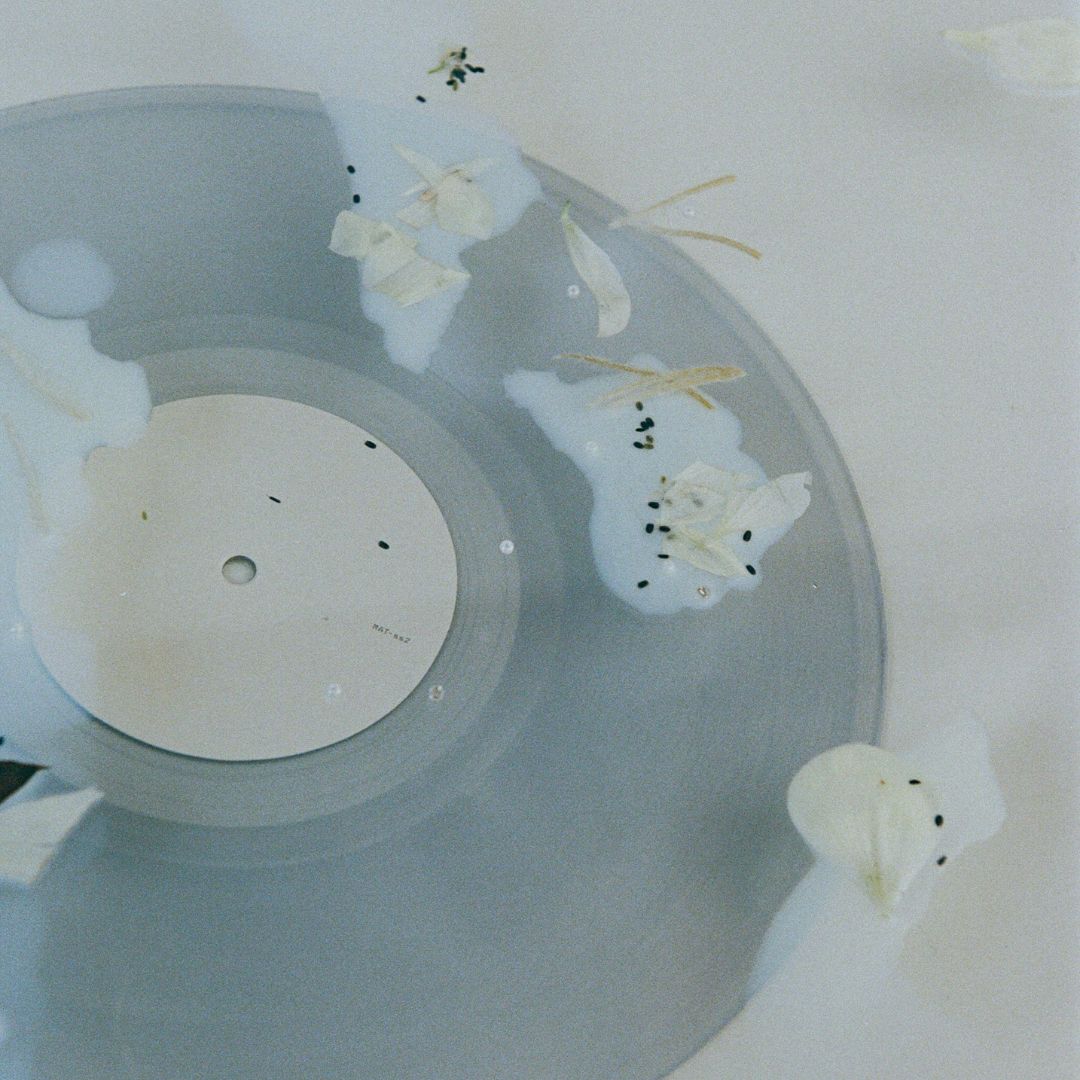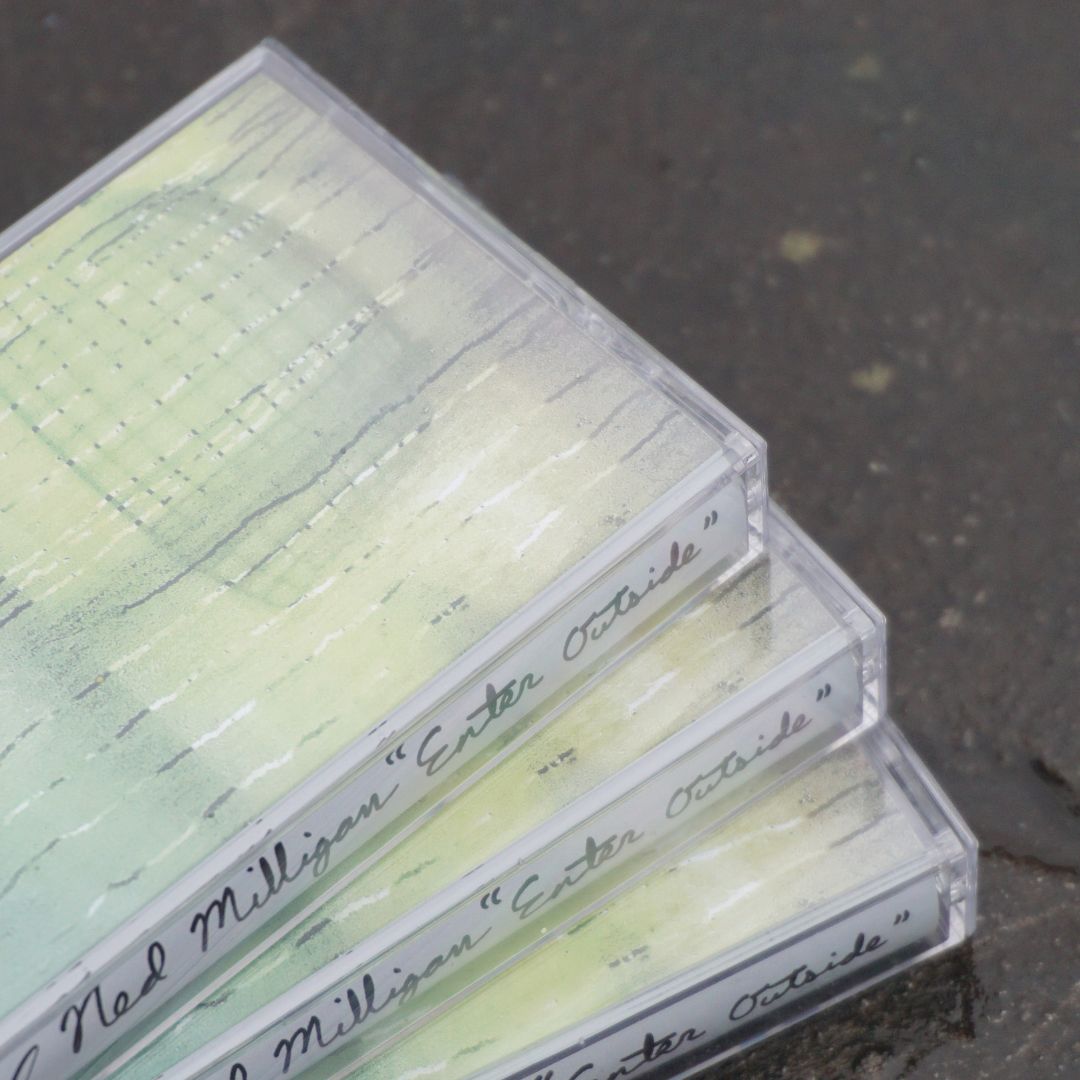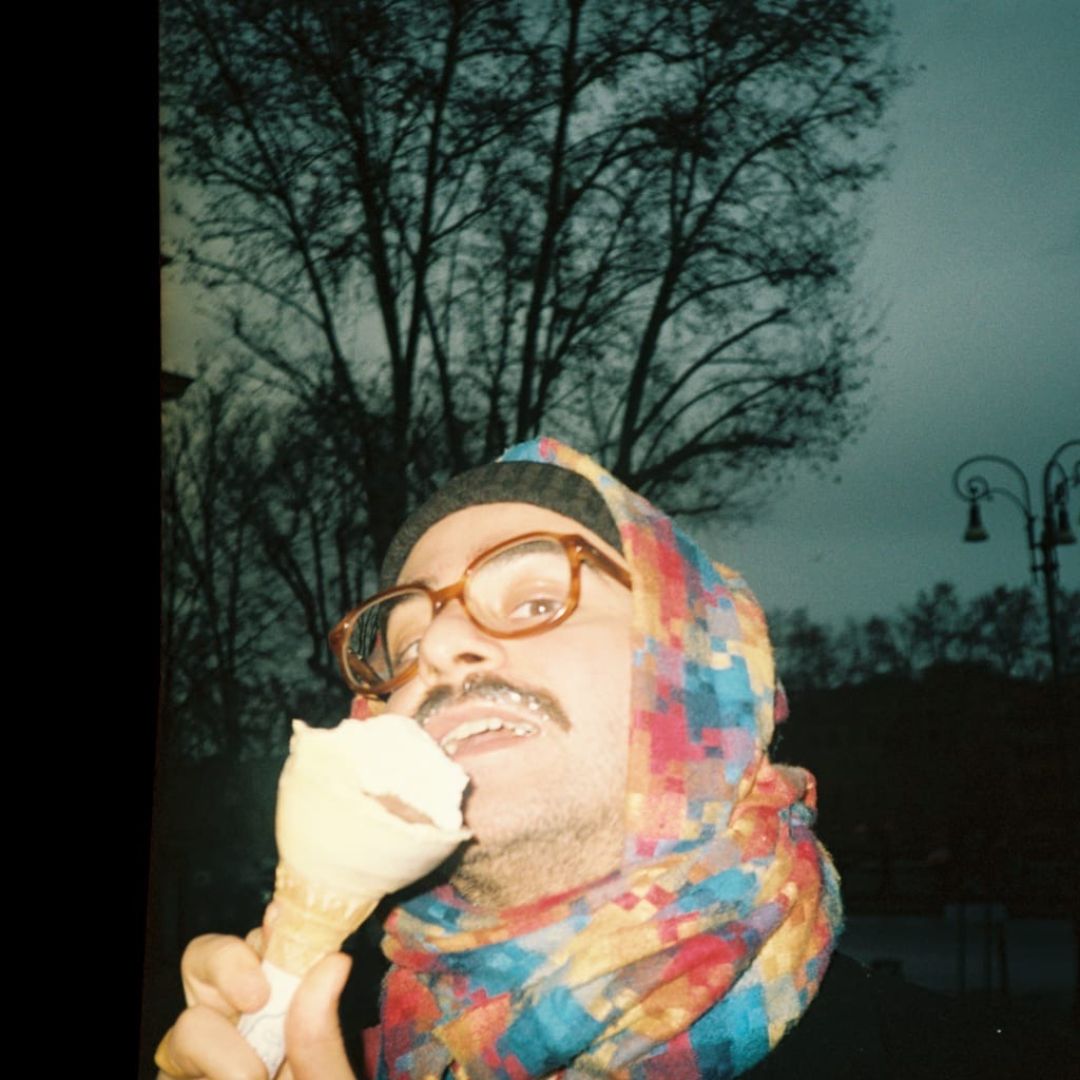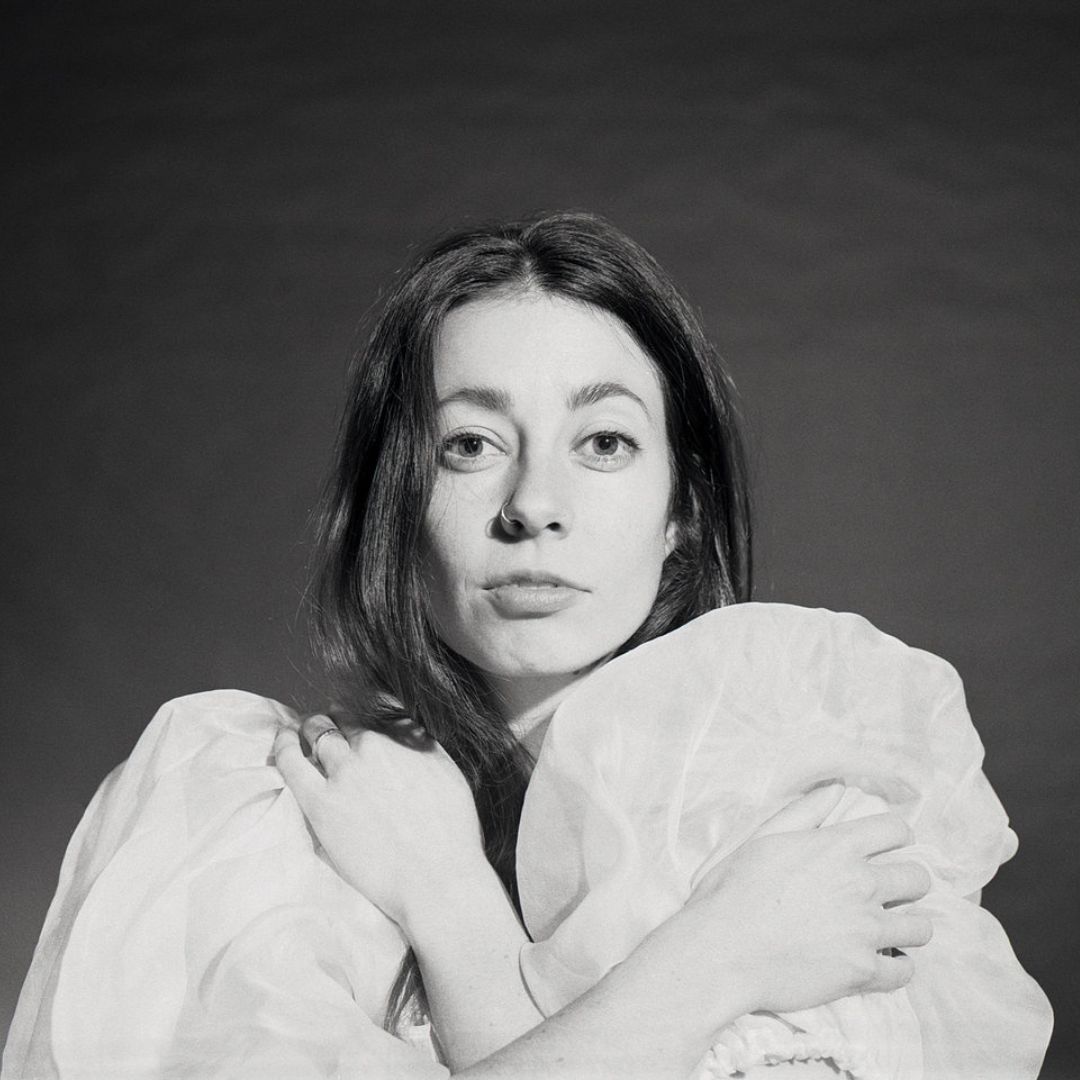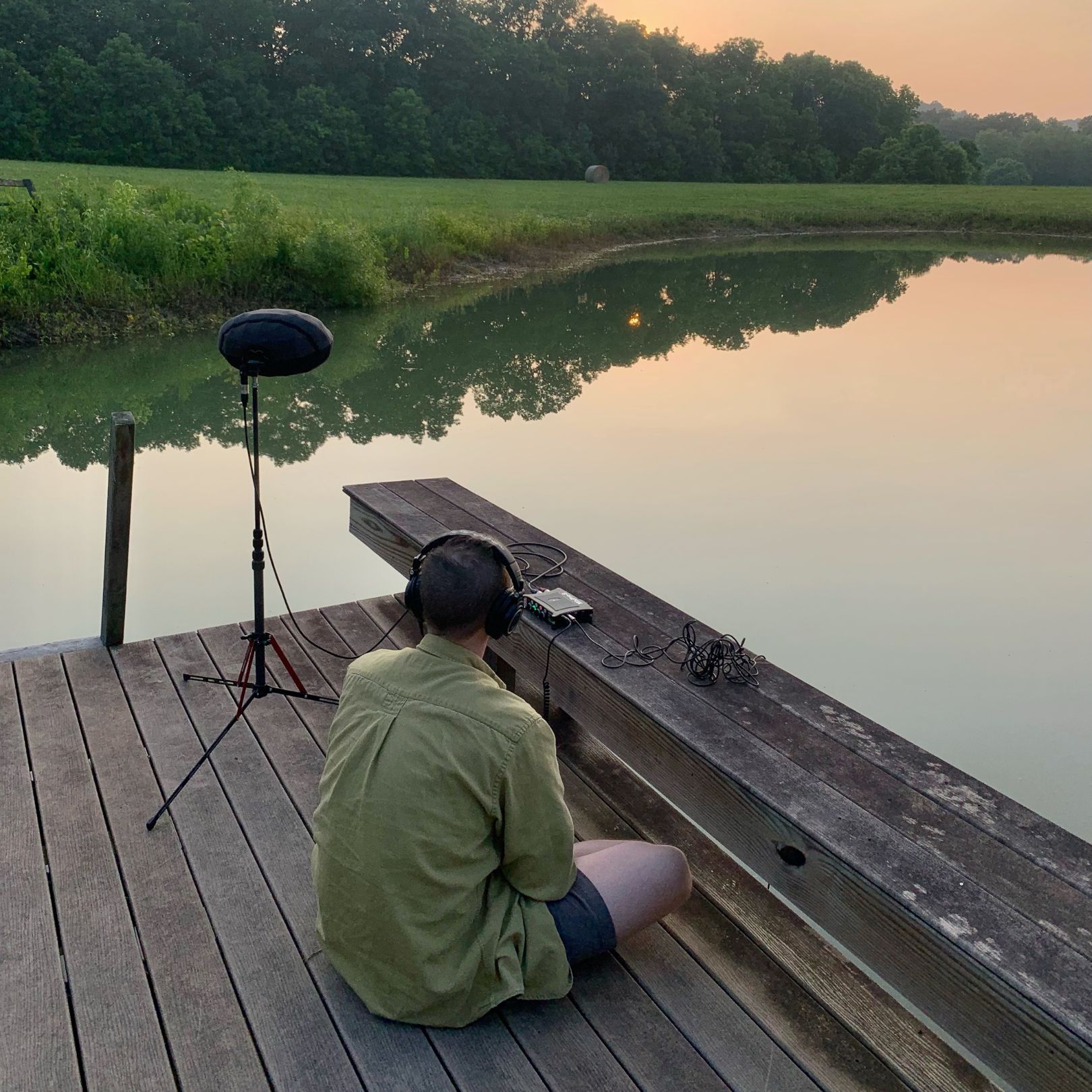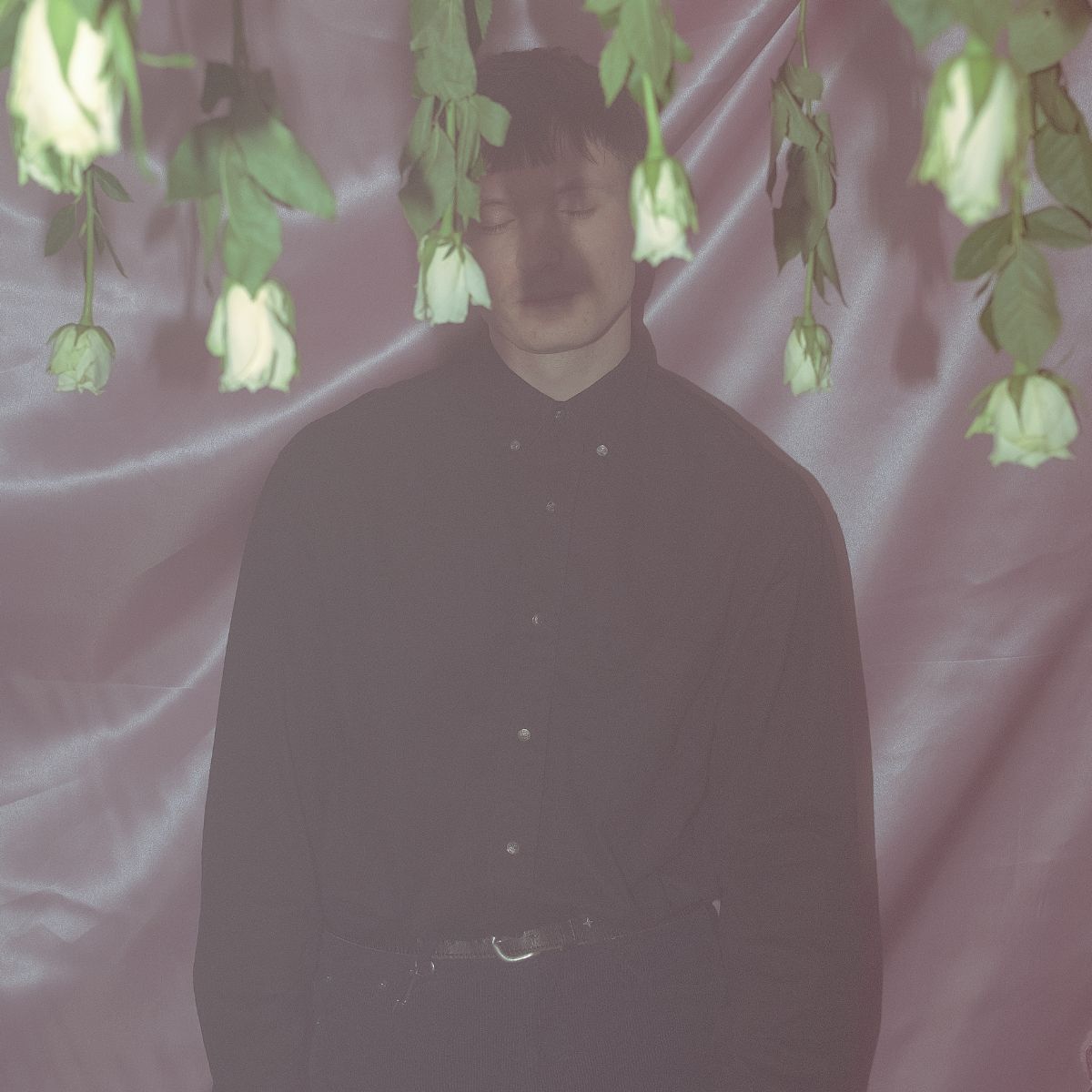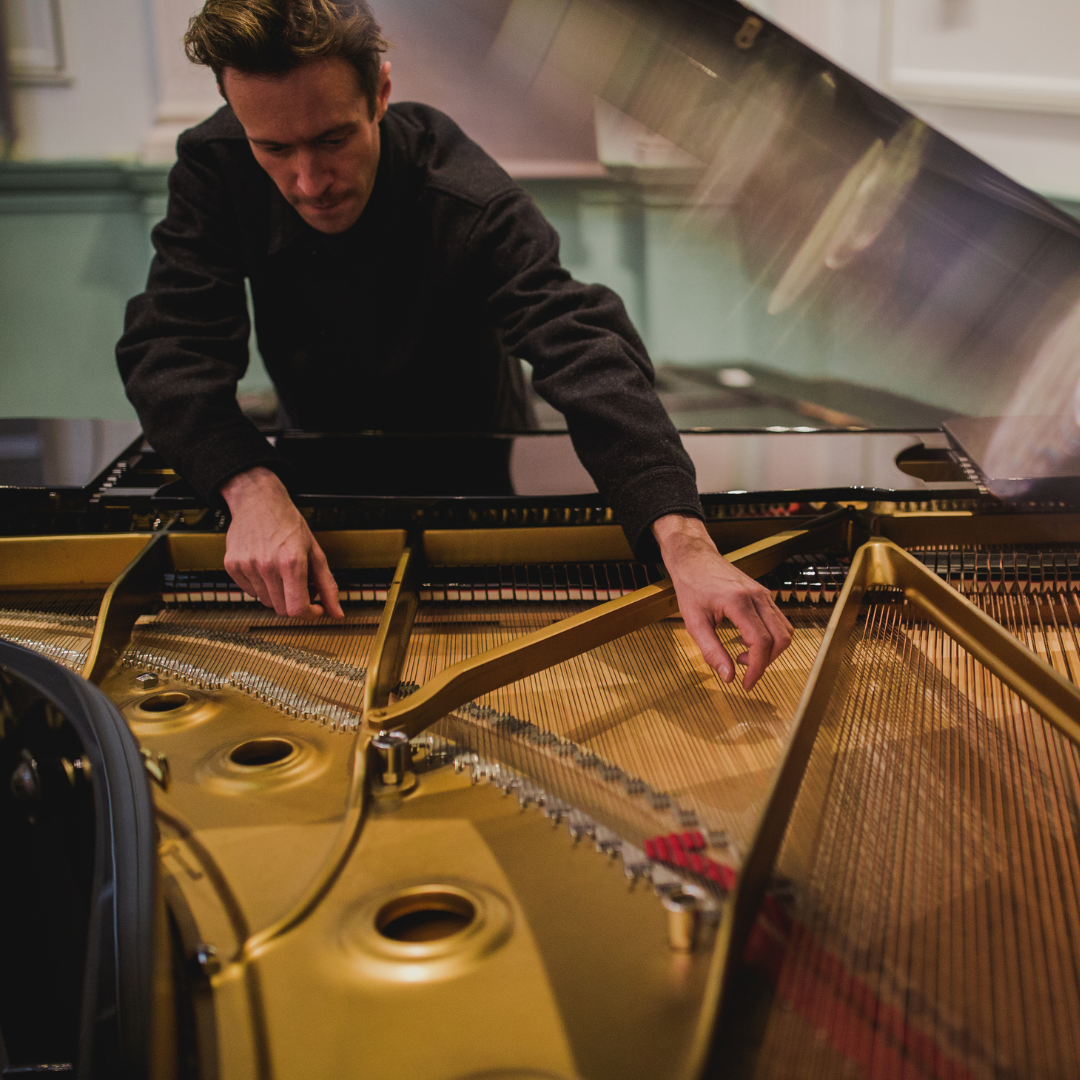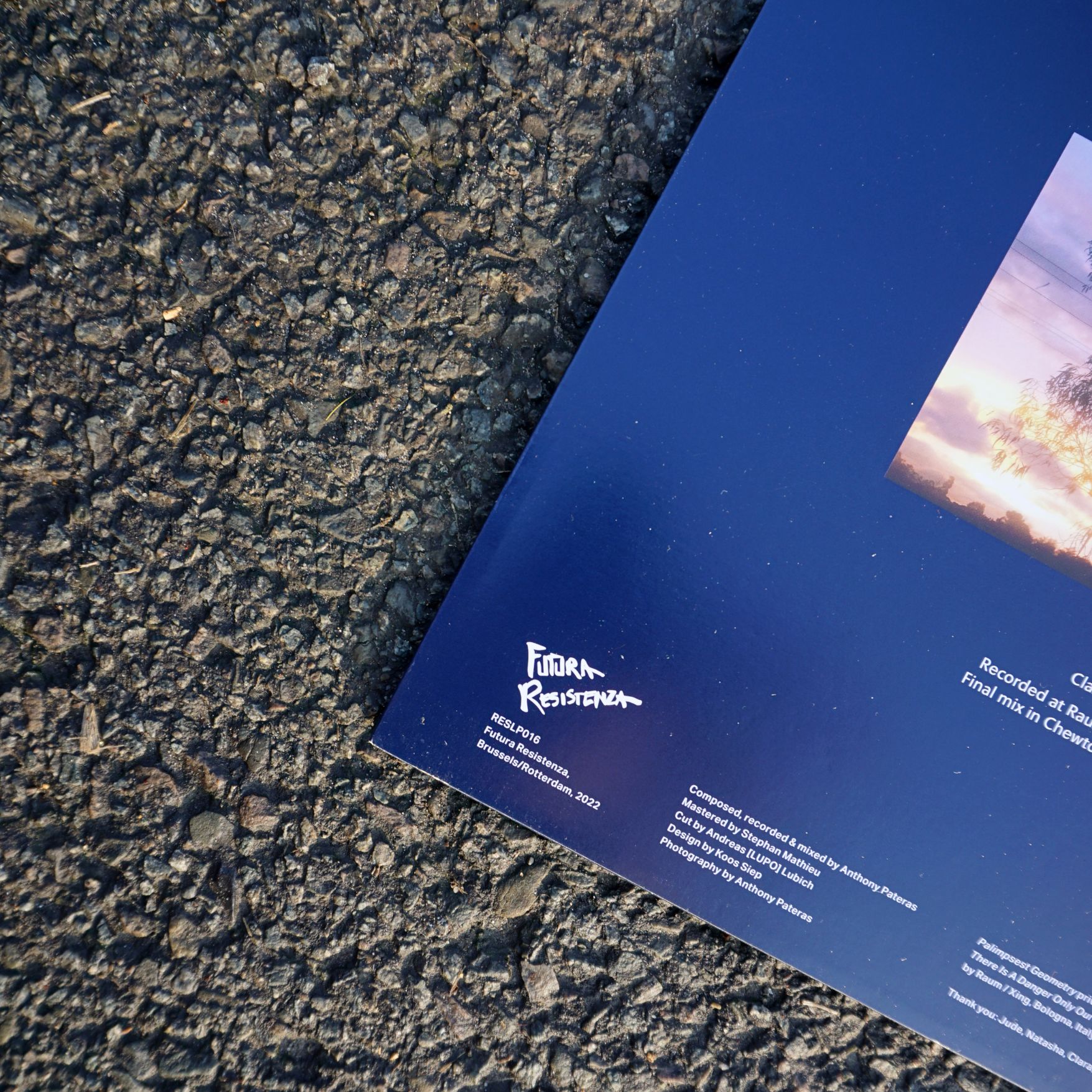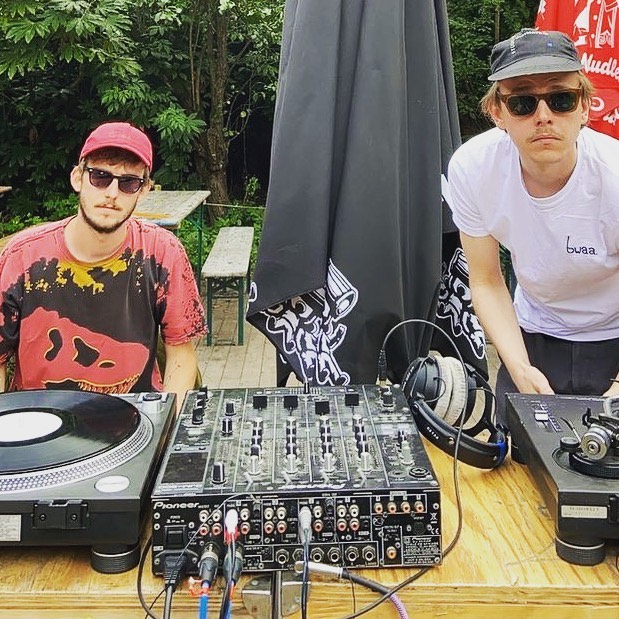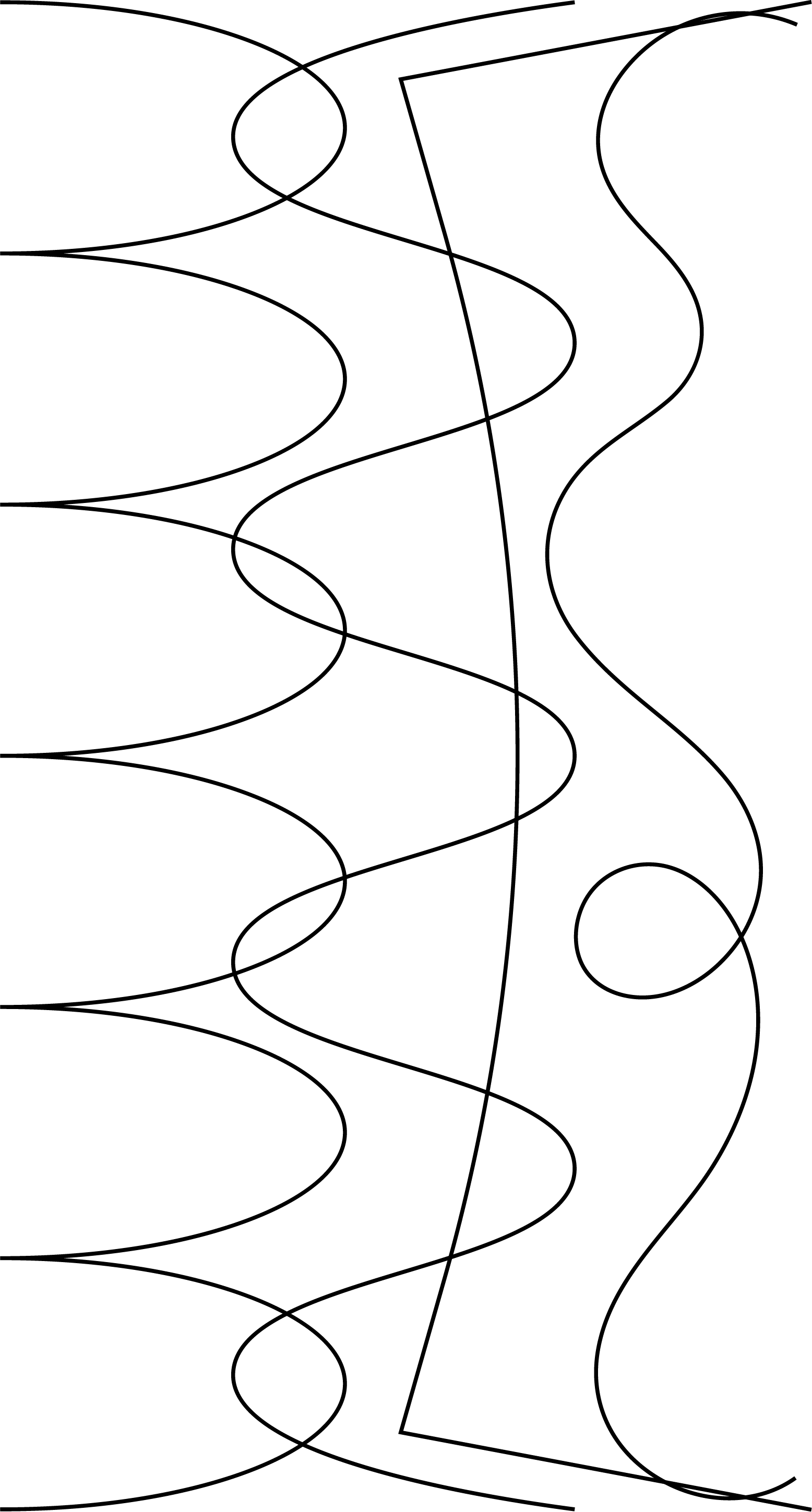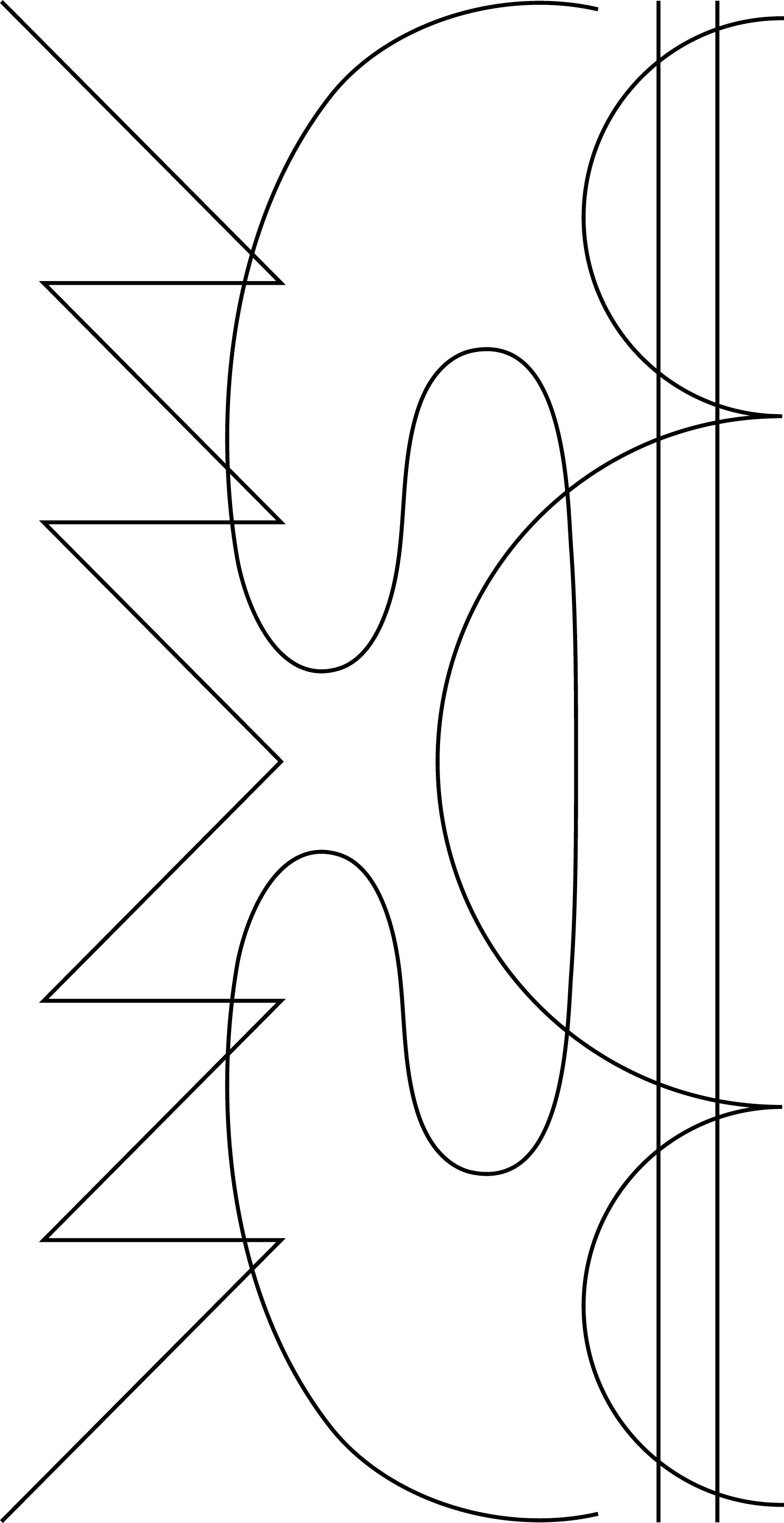music as a form of meditation and healing with Noémi Büchi
Noémi Büchi is a Swiss composer searching for musical structures to evoke both emotional and intellectual euphoria. She stumbled on her parents’ ancient piano at a very young age and it was clear from her first keystroke that music would always be a part of her.
Though she’s very much at home with keyboards, she embraced the modular synthesizer as her instrument of choice for her debut EP Matière. Infusing this with field recordings of sounds and noises surrounding her every day life, she leads the listener safely through deep paths of complex rhythms and otherworldly sounds. She also recently put out two digital albums titled ‘Ne Parle Pas De Secrets‘ and ‘Prismic Passages‘.
Intrigued to learn more about her creation process, we spoke with Noémi about her triggers, inspirations and what’s next.
Tell us about how you started making music.
My parents owned an ancient, unused and out-of-tune piano. My first approach to this instrument and thus to music was improvisation. That never let go of me again.
It was clear from the first keystroke that the piano and music would never leave me, or rather that I would never leave them. A world opened up for me in which I could suddenly express myself so easily and intuitively.
My parents then decided to send me to a composition class and piano lessons, where I learned a classical repertoire and discovered my fascination for romantic and impressionist music.
How has your music making evolved over the years?
I’ve been making music for as long as I can remember thinking. Be it in my head or on an instrument or on the computer. My compositional interests and techniques have evolved over the years and so has my material. I’ve been making electronic or electroacoustic music for about 3 years now.
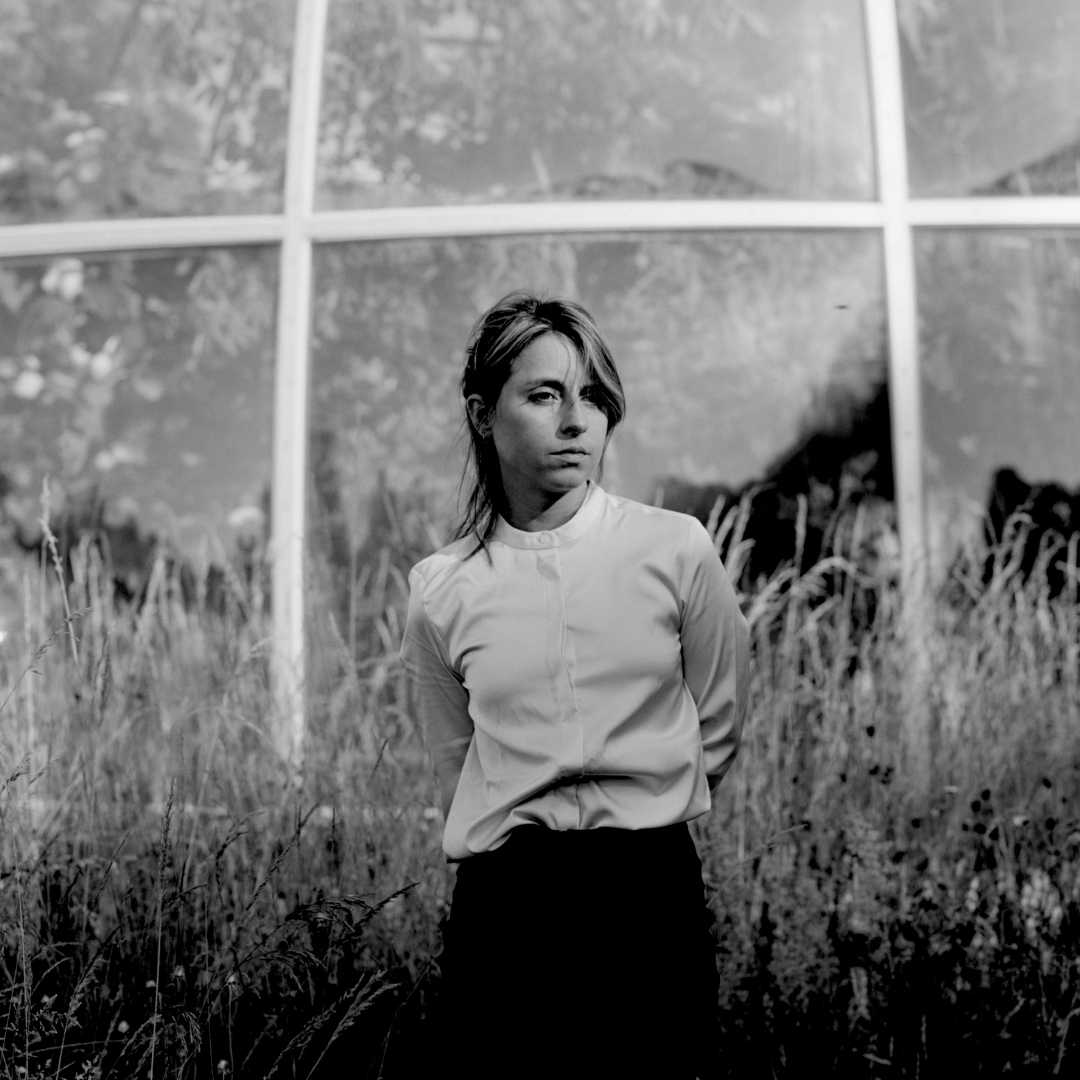
Can you tell us more about your creative process?
I would describe my creative process as a “three-phase adventure” in which I go in search of inspiring moments, ideas, or materials. The three phases of my process have all their clear function.
The first phase is in a certain way permanent. Even when I’m not sitting in my studio, I’m, always working. I record sounds. I get inspired by all sort of things, which are external from music, and I collect thoughts. I could call this first phase of the working process ‘the collecting phase.’ I collect sounds, I record everything that interests me. I collect thoughts, I collect images, I take pictures, I draw things, and I collect ideas from conversations or thoughts that could be interesting for my music.
The second phase of the working process happens in the studio. This is the phase of cleaning up. It’s a bit like the collector who comes home after his adventure and has to put his things in order. Here I make folders in my computer, divide everything up, make categories of sounds, with the different characters of sounds. In this phase I also clean all my material. I repair, cut, refine my sound recordings. Here it can also happen that I make certain sound transformations already, although this belongs to the third phase.
So, phase three: that’s the most difficult phase. I’m not ready for this one every day. I know exactly when I get up in the morning whether today will be a receptive day for this third phase or not. I always work differently in this phase too. It’s a bit of a tranny phase and I let myself be guided by my concentration and by my collected and tidy sound world.
I don’t like to limit myself in terms of sounds. I mostly let myself be controlled by the sound and not vice versa. For me, every possibility of sound production must be accessible. That’s the reason why I have such a hybrid way of working. I work a lot with analog synthesizers, my computer, objects and acoustic instruments, my own recordings and my voice.
How did your debut EP Matière come about? What inspired you to make it?
Matière was an experimentation with rhythms and especially a first try with my modular synthesizer. When I have a new instrument or something, I want to learn it as fast as possible, so this EP was a good opportunity to put some pressure on myself and make rhythmic etudes with it.
I like to deal with rhythms and in general I’m very interested in the temporal processes in music, or more precisely in the durations of sounds. Whether it’s very slow sounds, like drones, or very accented, precise percussion, it’s all very much connected to our perception of time.
Aside from music, do you resonate with other creative expressions too?
I am inspired by all kinds of extra-musical impressions. I have a very broad interest in art in general and in simple things of everyday life. I am also a very visual person. When I’m not able to compose music, I do a lot of sketches, abstract drawings or I take photos. I love editing pictures, it has a very calming effect on me. I need these other resources more as preparation or as a balance to making music.
What drives you to make music?
That’s not a simple question. It has always been clear to me. It always felt a bit like a destiny, without wanting to sound religious. I somehow know that I’m able to do it and that I want to do it. It makes sense to me. Anything else would be a meaningless life for me.

And what does it mean for you?
It is the meaning of my life. “My task”, so to speak. And music was always a place where it was possible for me to deal with difficult moments of my childhood. I don’t want to use the term ‘escape’, but maybe it was a form of expedition. A journey from which I came back a little smarter each time. So, it has also a healing function for me.
The moment of creation is very close to meditation. In this moment, I don’t think about a broader identity. On the contrary, I encapsulate myself from it. At the same time, I am closest to my true self in this moment, and closer to my authentic self than ever before.
For me, this is my true identity, when I don’t have to subject it to a social and cultural context and can and may just sound like ‘me’.
So beautifully put. Do you have to be in the mood to make music?
I need a special mood to be able to be productive. I have to be in a specific mindset. The three most important things in this state are: concentration, inner peace, and warm energy.
And what about listening to music?
Listening to music is an important process for me on different levels. On the one hand, it serves me to practice my hearing and to keep developing it. I love to delve into the smallest detail of a sound. It gives me the feeling of truly understanding the inside of the music.
On the other hand, listening to music is also a source of inspiration for me. I love discovering new things that give me ideas or listening to old things that allow me to go back in my memories and travel through time.
Unfortunately, however, listening to music has also become difficult for me. It’s getting rarer and rarer for me to really listen to music to enjoy it, because I listen very differently than I would if I wasn’t working with sonic material. For me, switching off is more about not listening to music anymore and seeking silence or listening to the sounds of nature.
So, what music are you gravitating to right now?
I love many different forms of music. Be it classical music, folk music, experimental, electronic music. I am far too curious to limit myself to a favourite type.
I am completely immersed in drone music at the moment. I am writing a thesis that is connected to the temporal experience of this kind of music. ‘A Music of the Now’ will be the title.
That’s very interesting would love to learn more about it. What inspired you to dig deep into this?
I came to it for the simple reason that academic texts about music or essays never really satisfied me. Writing about music – that is, a verbalization of the musical experience is not possible in my opinion. That’s why I was looking for a form that comes closest to musical reality and tries to represent the musical experience in a special way. The book will probably be published by the label -OUS.
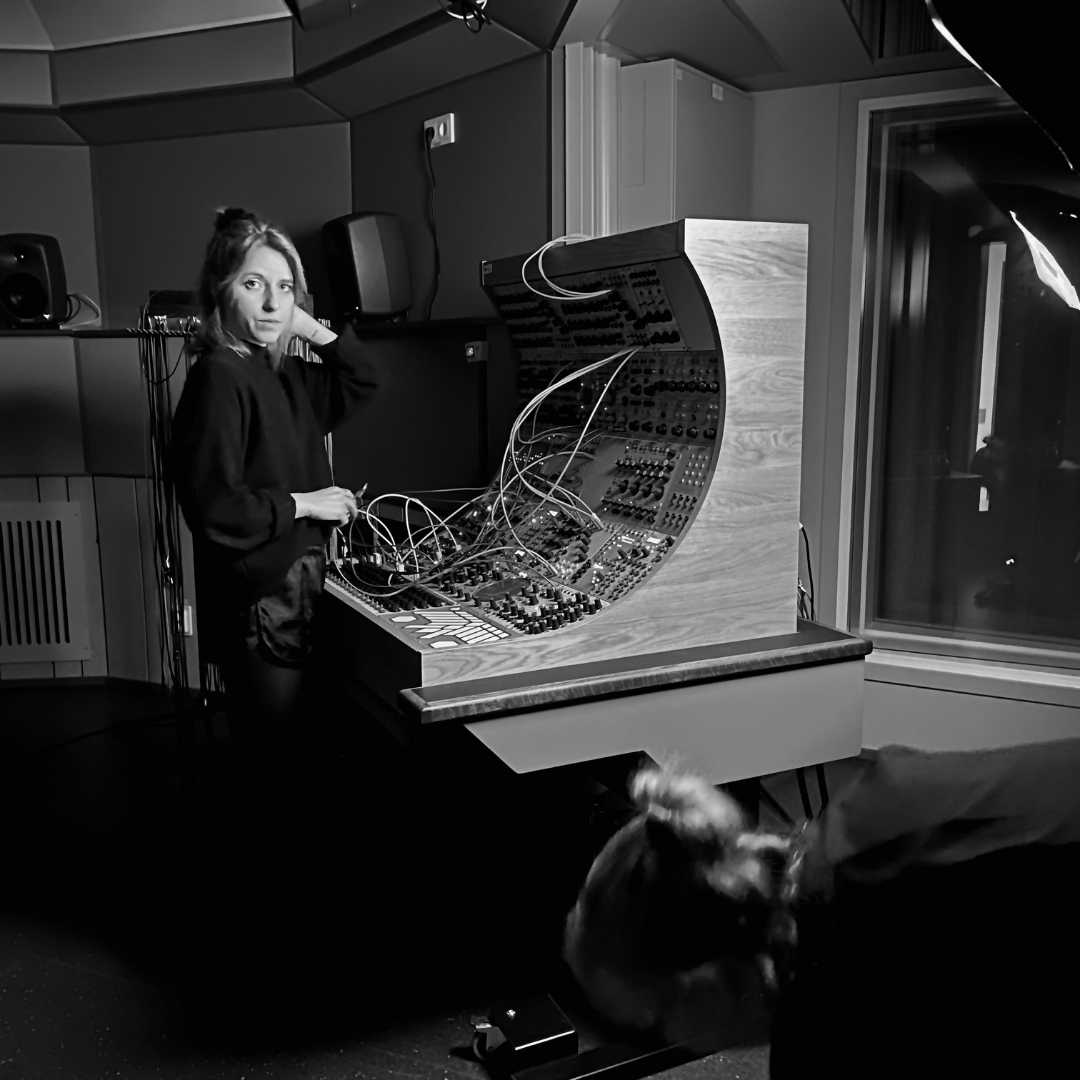
Do you also explore collaborations with other artists?
Yes, I also work occasionally with other artists. Also with artists from other disciplines , such as Alice Gilardi, or Claudia Stöckli for example. However, I am quite a loner when it comes to artistic production. Therefore, it can only work with very specific people with whom I have a special relationship.
For example, the duo called Musique Infinie, which I developed with Feldermelder. It is the perfect and the most beautiful collaboration, on all levels. It will now probably and hopefully accompany me for the rest of my life.
Looking forward to it! What are you most excited to explore next?
I am always excited about the future because I let it come to me. That’s the beautiful thing about being an artist. You never know exactly what tomorrow will bring, but I’m especially looking forward to my next major album, which I’ll be releasing on -OUS Records.
